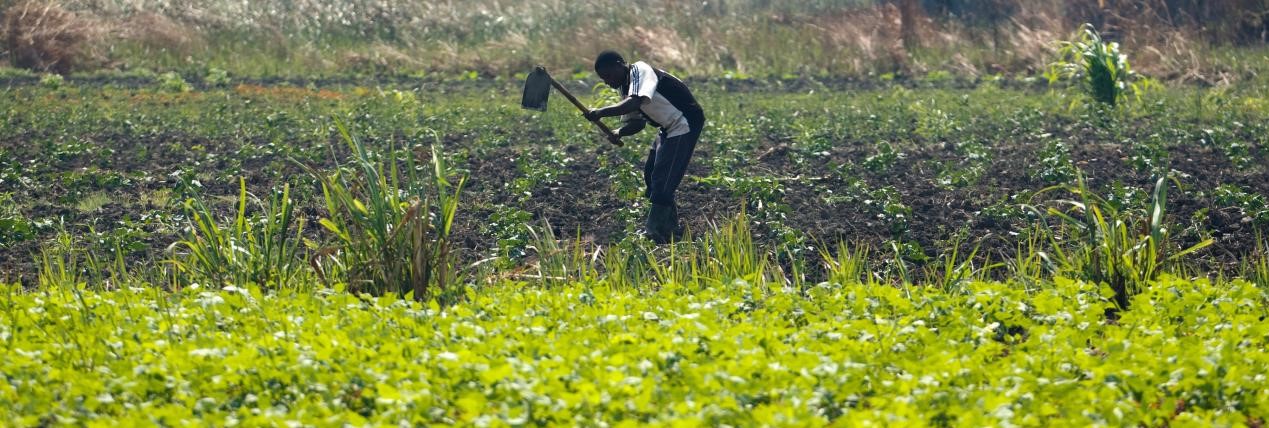Employment-intensive land redistribution could hold the key to agrarian reform.
Against the background of the Covid-19 pandemic, which has cast South Africa’s social inequalities into stark relief, a ground-breaking new study has raised the hope that small-scale farming can play a significant role in tackling the challenges of unemployment and food security.
Commissioned by the Capacity Building Programme for Employment Promotion (CBPEP), an EU-funded initiative, the study by a team of experts set out to model the impacts of redistributing 50% of available agricultural land in four local municipalities.
More than 23,000 jobs can be created in these municipalities alone, in Eastern Cape, Limpopo, KwaZulu-Natal, and Western Cape, suggests the study.
According to team leader Professor Ben Cousins, founder of the Institute for Poverty, Land and Agrarian Studies (PLAAS) at the University of the Western Cape, these gains can be achieved by:
- reducing the size of farming units, while increasing their total numbers,
- changing the mix and scale of the farm commodities produced,
- changing farming systems to become more employment-intensive.
“The Covid-19 crisis has clearly demonstrated the vulnerability of the livelihoods of very large numbers of the SA population, and highlighted food insecurity as one key aspect,” says Prof Cousins.
Successful land reform and rural development could dramatically improve the quality of life of the many rural residents who make up one-third of South Africa’s population, by boosting jobs, fostering economic opportunities, and opening up access to markets.
Currently, up to 70% of food sales are dominated by the big four corporate supermarket retailers. For the vast majority of small-scale farmers, participation in the economy is limited to informal agricultural value chains and markets.
“The study’s findings have major implications for the targeting and selection of beneficiaries, commodities and farming systems,” adds Professor Cousins.
Employment-intensive land redistribution could form the central thrust of a renewed programme of agrarian reform and rural development, sowing the seeds for a brighter future for millions of South Africans in the world beyond the pandemic.
Read all of this study’s findings here: https://www.cbpep.org/landreform

